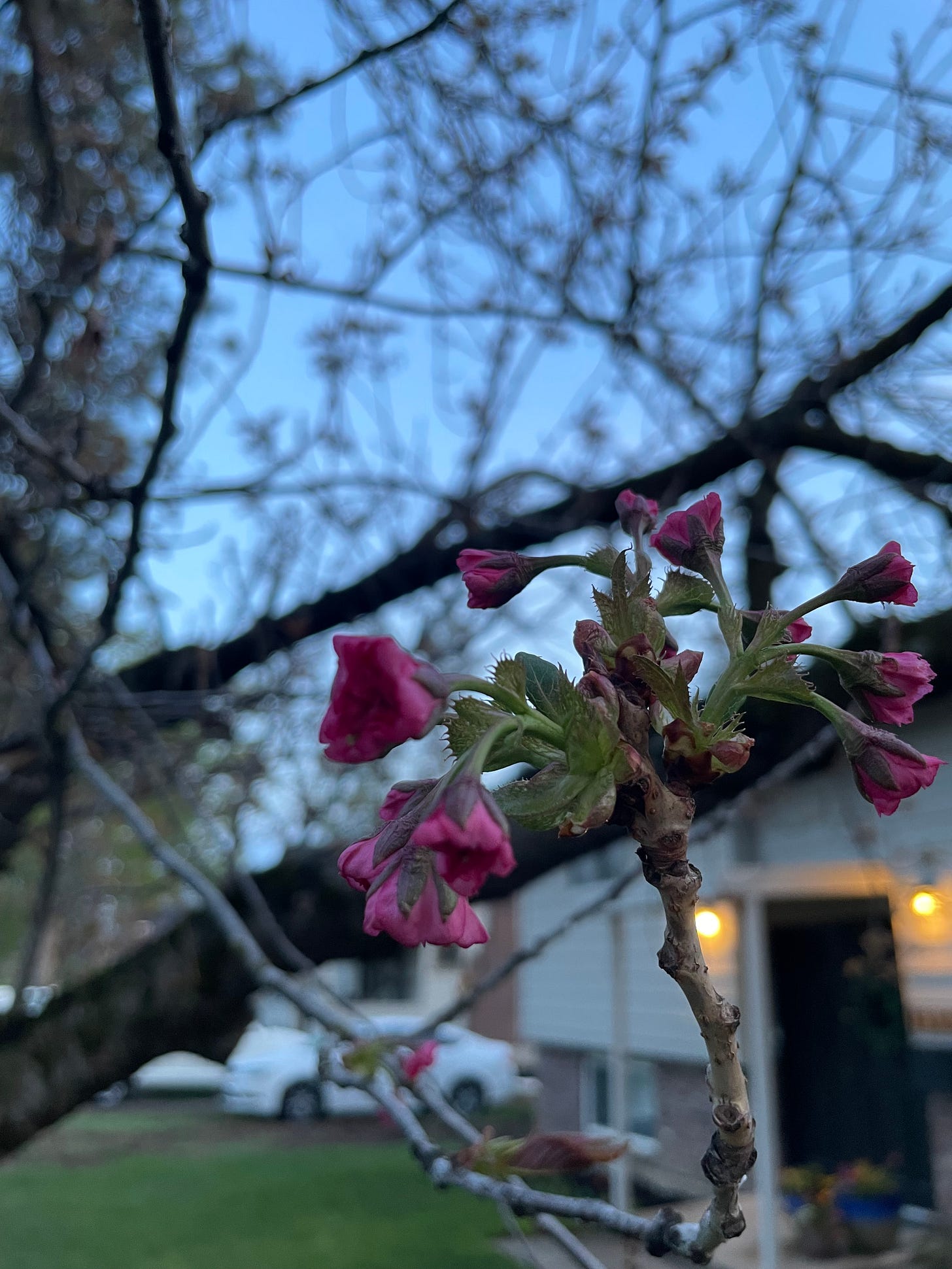The Stoic
Easier Said Than Done
As it should be. The saying should always be easy. Idle words fall out of the mouth. Acting on the words should always be more difficult. There is inherent friction within movement; in trying, your activated atoms disrupt the equilibrium.
You are walking into a tumultuous ocean; she always pushes back. Do you fear the wake, getting caught in the undertow, being swept away? If you idly accept it, then the water will take you. At least give yourself a fighting chance.
Hopes and wishes alone never made anyone a good swimmer.
I mentioned contemptuous expressions the other day. They are an exercise that Marcus Aurelius used to demystify our judgments. It is a bit of cynical objectivism to accurately remove any distortions. In this sense, do you recognize that there is little difference in the near makes and misses? Take it at face value, conditions do not change the end result of failure.
You often hear self-help books and motivational speakers espousing that the idea of failure should not exist to you, the person putting themselves out there. Disregard any notion of ambiguity between these two states. Each goal has its opposite side of success to failure. Close might be a step on the path, but do not confuse with an actual achievement.
“At least you tried is a consolation”; the right words of support and care, but they don’t make objective change to the situation. You should be grateful for the support from friends and family, but understand the unwavering fact: you didn’t make it, and you get no credit. It’s ok, most of the time you can reset and retry.
Words can be frivolous and weak. They are of little use on their own. Where in your life are your actions falling behind your words? What can you do today, tomorrow, to make the ends better meet? When are you finally going to hold yourself to your own words? Tell me, honestly, is there any better time than now?
You want to be a better parent; do you breath before tempers boil?
You want to end generational curses; do you allow space for forgiveness/healing?
You want to be a better teacher, healthcare provider, writer; how quickly did you let yourself become jaded and lose that crusade?
Can you really complain about bad drivers when you don’t let anyone in, don’t zipper at busy merges; you cut across to the open gap.
At any point when you have the option to be selfish with little to no repercussions you take it, but still your convoluted reasoning convinces you that you’re a good person.
Compared to the idea I have about success, judging people is less of a dichotomy. The definition between a good or bad person not mutually exclusive. Not being awful doesn’t transitively make you good. Being good must take more effort than doing nothing more than refusing the worst of vices. At the same time, polite people have a monstrous side few ever see. It is hard to know what is harbored in the heart.
People are a mixed bag, a convoluted mess. You equally hear about the pederast priest or the reformed convict, the prodigal son or the devout daughter. You should resist the urge to judge others. People cannot help themselves for who they are. If they are capable of change, then they will.
Your only hope is that they life leans them towards being more accepting and compassionate toward others.
The focus must remain on developing the self. If you have set on the path of living as a practicing Stoic, then arete needs to be just out of reach. Excellence isn’t a given. No certificate is coffered at a weigh station for your soul. It must be for the sake of it alone. Succeeding in life needs to be a combination of mind and body: the right action, done with the right intent.
The Poetic
Symbols: A Case for a Codex
Emily Dickinson is a huge influence on me. Her massive level of production is something I aspire to. She said to tell all the truth but tell it slant. She writes this in a poem about the phenomenas in the world that edge on the sublime, or the things that are too immense to take at once.
This poem means a few things, but more than anything it is the Apostle’s Creed of poetry. It is a prayer as what a poet owes and believes when they set down to write. For me it is a reminder that the best poetry is honest and sincere, but never straightforward.
First, you must be open in your reading for symbols in all forms of media. They are everywhere. Recognize the archetypes, who is using them and why. Document however you know how and develop a language of subtext and double meaning. For example, to stick with Christianity, a cross is a symbol of the religion, but go beyond that. It is also a symbol of sacrifice and piety. Flowers are full of symbols. Stones are symbolic. They are everywhere.
Secondly, have a reasonable catalog of symbols, but find the resonating frequency of a few that line up with the reverberations of your heart.
Lastly, apply and alter. Make sure that your words have an ethos, pathos, and logos within themselves. Your writing should be focused with your beliefs. There should be more behind it than an examination of technical acumen.
An agate is a symbol of harmony. I called it an agony agate to turn irony. It is also fun alliteratively. Do I intend it to mean to offer a contemptuous expression of swallowing dow hard truths? Am I saying that relying too much on symbols will choke you? It can be both. Writers are nothing if not contrarian. We try to make it seem like we are too clever for our own good.






